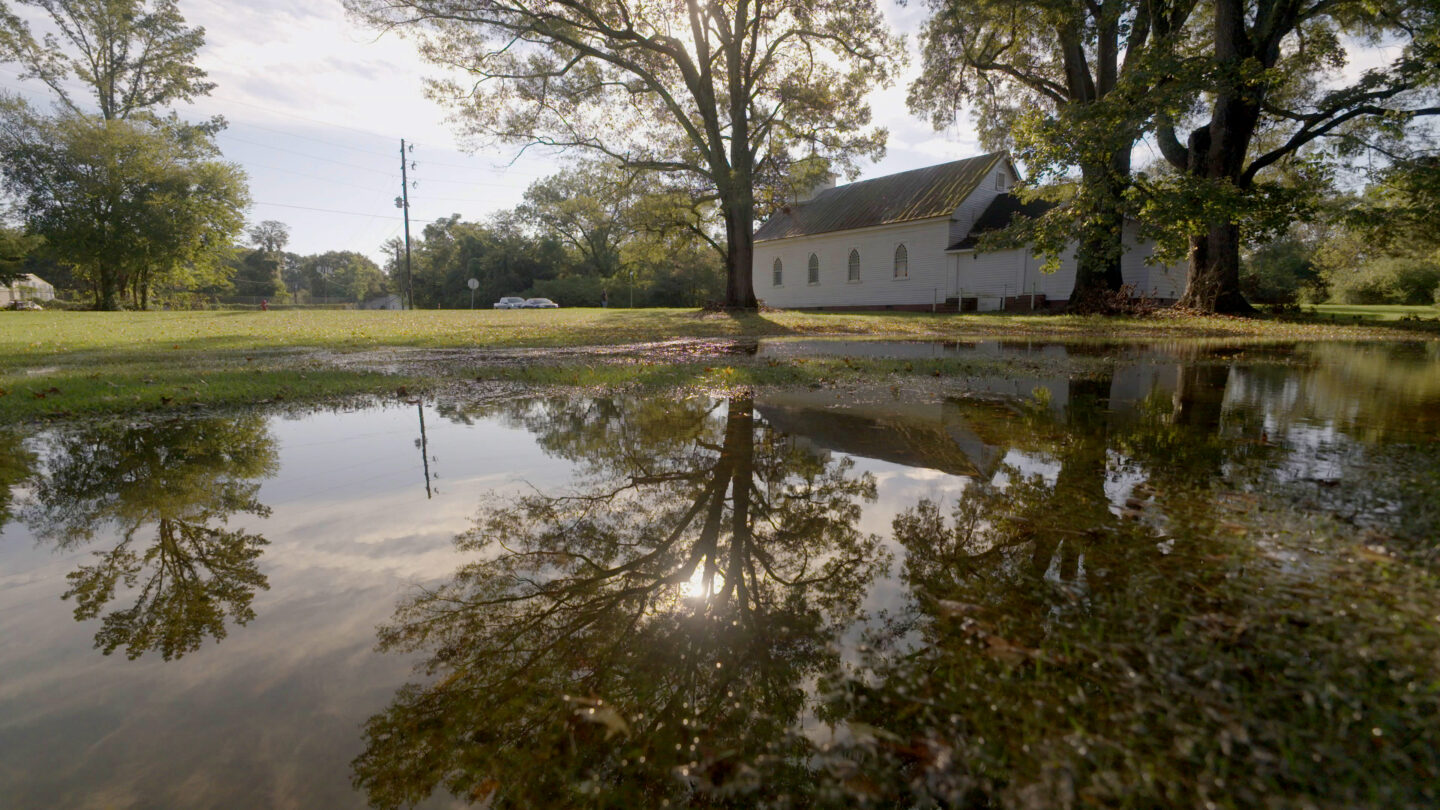‘Freedom Hill’ documentary spotlights how historic flooding and climate change has impacted land owned by Black families

Princeville, North Carolina, formerly known as Freedom Hill, was disregarded and deemed uninhabitable by white people in the 1800s.
However, newly freed Black people settled on the land after the Civil War. For generations, the area has experienced historic flooding because the town sits atop swampy land, wet, low land along the Tar River.
The town’s history and current environmental challenges are now the focus of the new documentary, “Freedom Hill.”
The documentary explores how climate change and environmental racism affect the first U.S. town that formerly enslaved people chartered.
On Tuesday’s edition of “Closer Look,” Emmy Award-winning film producer and director Resita Cox talked with show host Rose Scott about her journey to create the film and the importance of telling the untold story of Princeville.








